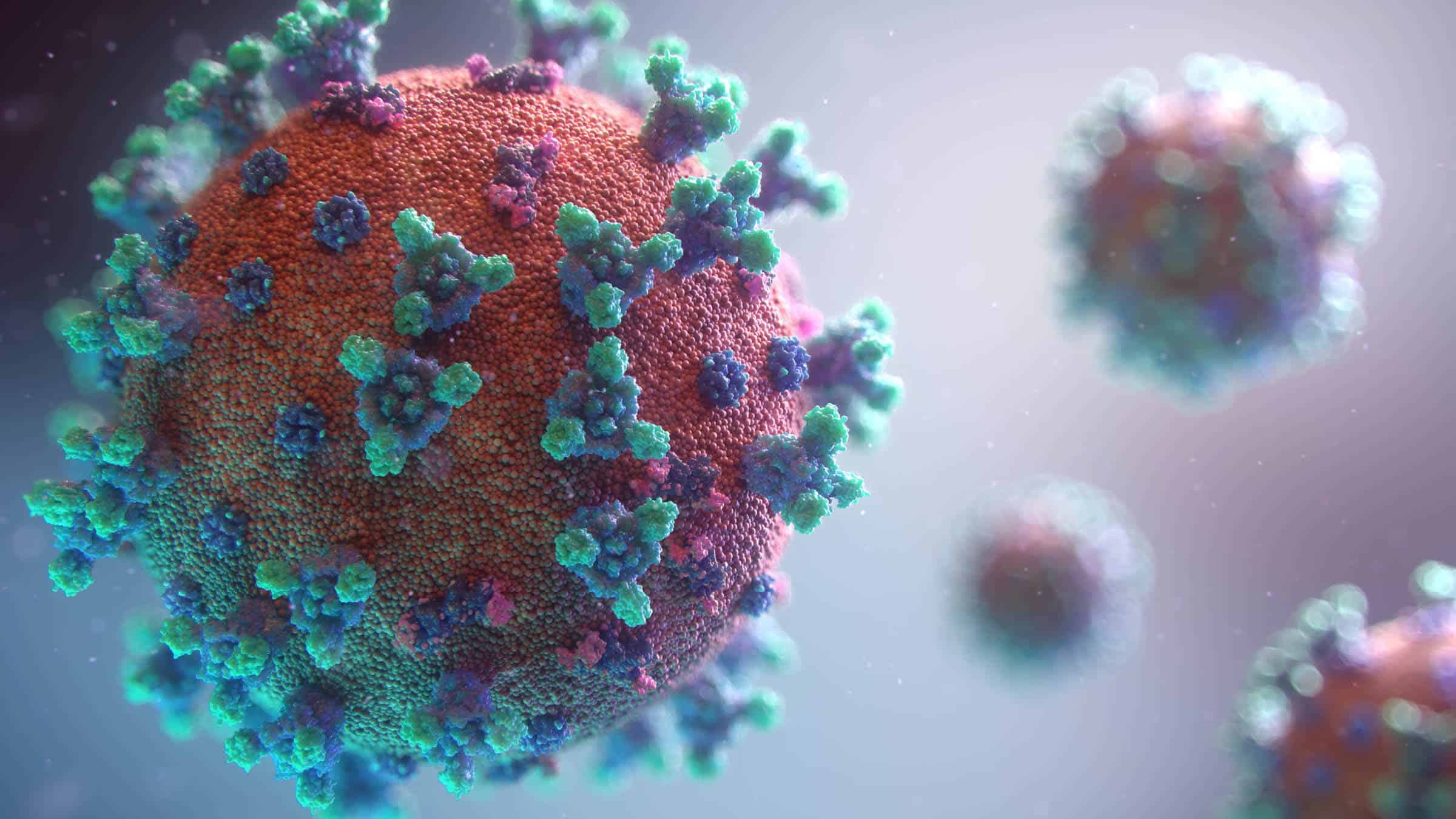Here’s why women are more likely to experience Long Covid

Earlier this year, several studies were conducted that found women with Long Covid – defined by the World Health Organisation as symptoms lasting 12 or more weeks beyond the initial illness – show a more comprehensive range of symptoms than men.
In a study conducted by the Journal of Women’s Health, 223 patients were tracked (89 female, 134 male), who had suffered severe cases of Covid before vaccines were available or widespread. Around 72% of the participants required hospitalisation, with 17% needing a ventilator to breathe. Compared with men, women reported more symptoms in the weeks after the initial illness. The women described persistent weakness, altered smell and taste, chest pain, palpitations, diarrhoea or muscle pain.
The researchers next examined those who developed Long Covid. An average of five months after the initial infection, a larger proportion of the women with Long Covid had lingering symptoms compared with the men (97% vs 84%). These women were significantly more likely than the men to report weakness, shortness of breath, fatigue, chest pain, and palpitations.
“A number of studies over the last 12-18 months done in many parts of the world have established that Long Covid again disproportionately affects four times more women than men,” Dr Deepak Ravindran – a Long Covid expert and author of the bestselling book The Pain-Free Mindset — tells HUNGER. “Like much other pain and long-term immune-related conditions, Long Covid also seems to be more common in women.”
In September, a large study published in BMJ Medicine confirmed previous research findings that about 16% of women reported menstrual disturbances following Covid infection. Additionally, a meta-analysis showed an association of infection with stillbirth, preterm birth, and lower birth weight. “In our local Long Covid clinic, many female patients frequently report that they experienced irregular periods, unusual or excessive clotting of their period blood, worsened premenstrual syndrome (PMS) and increased dysmenorrhoea (painful periods),” comments Dr Ravindran. The menstrual cycle interacts with the immune, vascular and clotting systems. And according to Dr Ravindern, “these interactions can influence menstrual bleeding and severity symptoms and can be due to impact of the virus directly or indirectly on the brain structures, ovaries or uterine lining.”
There are a number of symptoms associated with Long Covid; however, for women, the symptoms may be slightly different compared to their male counterparts. “The most common symptoms women face in Long Covid are fatigue, aches and pains, breathlessness, chest pain, headaches, brain fog or lack of concentration and memory,” explains Dr Ravindran. While other symptoms can include “loss of taste and smell, palpitations and heart rate issues, stomach issues and skin problems.”
But why is Long Covid impacting women differently compared to men? “The virus could have triggered an autoimmune disease in women with the production of antibodies that are aimed at the body’s own organs – so-called autoantibodies,” explains the doctor. “These have been found in Covid patients acutely and it is thought that the persistence of these autoantibodies might cause symptoms of Long Covid.” Another reason could be the “pregnancy compensation theory,” which suggests that women of childbearing age have naturally enhanced immune systems capable of mounting a strong immune response to any pathogen, therefore protecting both mother and baby. “When a virus like Covid happens, it can cause a vigorous response but one that doesn’t settle down and go back to neutral once the pathogen is gone.”
As reported by The Guardian, many women have complained that it has been difficult to receive medical assistance and acknowledgement regarding their Long Covid symptoms. However, even before Covid, women had found their medical needs fall by the wayside. “Not enough research money and attention generally goes into conditions that affect women and there is a bias within the clinical and academic community that this could also be an artefact in that women generally tend to report symptoms more often than men hence the elevated figures,” says Dr Ravindran.
Although, recently, it appears that healthcare professionals are finally beginning to take the matter seriously. “Many vocal patient support groups have been formed that continue to lobby very strongly and raise awareness and promote and even fund research into Long Covid and even governments (UK and US) have given millions of pounds of research funding to understand the mechanisms underlying Long Covid.” This news at least spells some hope for the countless women being affected by medical negligence, in regards to Long Covid.

